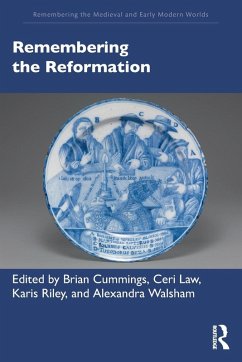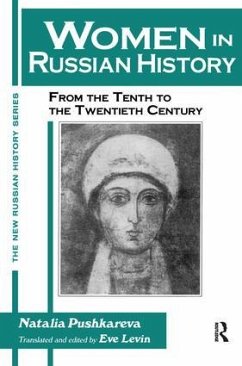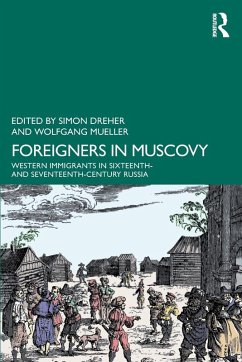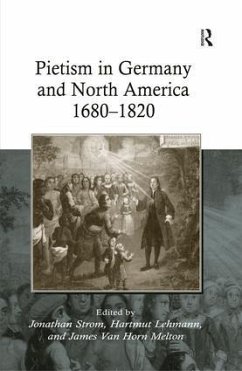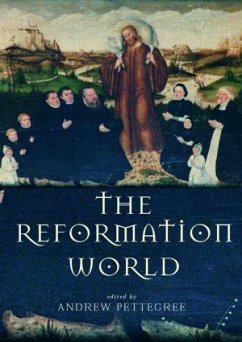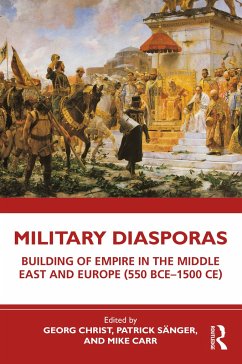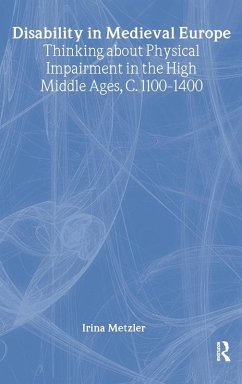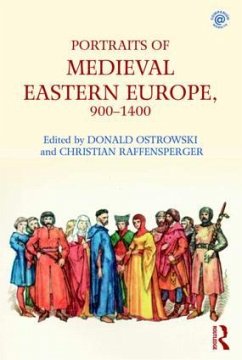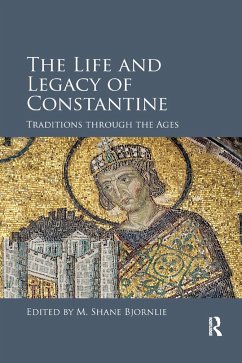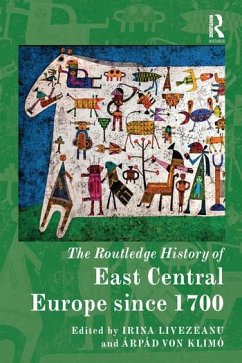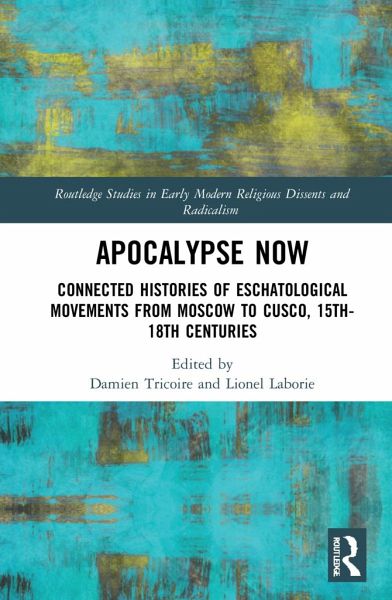
Apocalypse Now
Connected Histories of Eschatological Movements from Moscow to Cusco, 15th-18th Centuries
Herausgegeben: Tricoire, Damien; Laborie, Lionel
Versandkostenfrei!
Versandfertig in 6-10 Tagen
154,99 €
inkl. MwSt.

PAYBACK Punkte
77 °P sammeln!
Eschatology played a central role in both politics and society throughout the early modern period. It inspired people to strive for social and political change, including sometimes by violent means, and prompted in return strong reactions against their religious activism. From the fifteenth to the eighteenth century, numerous apocalyptical and messianic movements came to the fore across Eurasia and North Africa, raising questions about possible interconnections.Why were eschatological movements so pervasive in early modern times? This volume provides some answers to this question by exploring ...
Eschatology played a central role in both politics and society throughout the early modern period. It inspired people to strive for social and political change, including sometimes by violent means, and prompted in return strong reactions against their religious activism. From the fifteenth to the eighteenth century, numerous apocalyptical and messianic movements came to the fore across Eurasia and North Africa, raising questions about possible interconnections.
Why were eschatological movements so pervasive in early modern times? This volume provides some answers to this question by exploring the interconnected histories of confessions and religions from Moscow to Cusco. It offers a broad picture of Christian and, to a lesser extent, Jewish and Islamic eschatological movements from the fifteenth to the eighteenth century, thereby bridging important and long-standing gaps in the historiography.
Apocalypse Now will appeal to both researchers and students of thehistory of early modern religion and politics in the Christian, Jewish and Islamic worlds. By exploring connections between numerous eschatological movements, it gives a fresh insight into one of the most promising fields of European and global history.
Why were eschatological movements so pervasive in early modern times? This volume provides some answers to this question by exploring the interconnected histories of confessions and religions from Moscow to Cusco. It offers a broad picture of Christian and, to a lesser extent, Jewish and Islamic eschatological movements from the fifteenth to the eighteenth century, thereby bridging important and long-standing gaps in the historiography.
Apocalypse Now will appeal to both researchers and students of thehistory of early modern religion and politics in the Christian, Jewish and Islamic worlds. By exploring connections between numerous eschatological movements, it gives a fresh insight into one of the most promising fields of European and global history.





